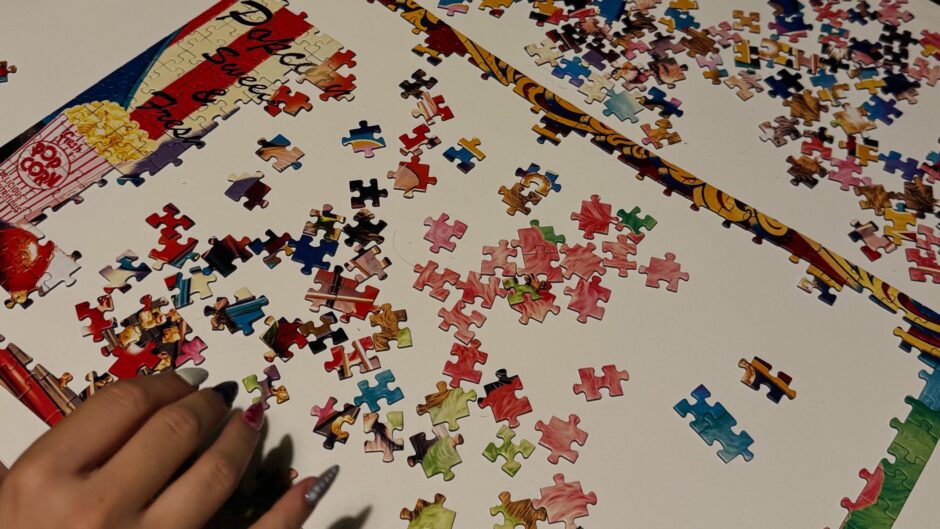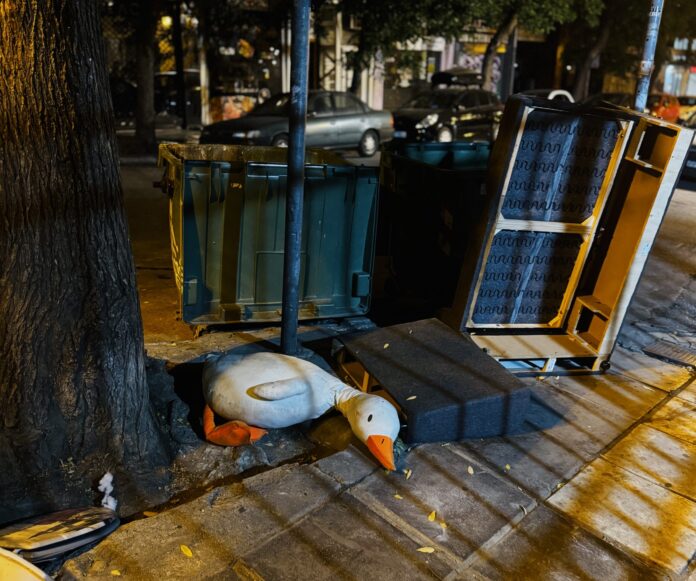How many times have you caught your adult self playing with toys? Sometimes you seem to enjoy it more than you think you should at your age, and you worry that others might judge you, that they might stick a label on you that doesn’t really fit. You’re afraid of appearing childish, and at times you try to hide your desire to touch a toy or you find alternative ways to keep close to all those things that spark your interest. You start calling yourself a “collector” or a “creator,” giving new life to what others consider old or ready to be thrown away.
Don’t stress, live it the way you want, because today you’re learning about a term that many people don’t know. What you’re doing is called Kidulting.
It’s the tendency, as an adult, to engage in activities, objects, and interests traditionally seen as “childish” like toys, collections, cartoons, cosplay, or board games. It’s a form of expression, entertainment, and relaxation that blends the child’s world with the needs and lifestyle of the adult, without meaning you’re immature. Not only does it reject the stereotypes that tie adulthood to seriousness and the absence of play, but it also promotes a balance between responsibility and fun. This trend is, in a way, a hobby with positive effects on mental health, helping relieve stress, boosting creativity, and lifting your mood through creative engagement.
But what happens when you turn your nostalgia into a tool for creation? Both of us know that you’ve already found a way to express your emotions without even speaking. By using nostalgia as fuel to create something that connects you to the past, you can very easily become innovative, especially if you manage to link it to the present.

As you can see, the positive effects don’t stop at your mental health; they extend to the environment as well. In recent years, the call for sustainability has grown louder, and there you are, present and ready to serve the planet, giving old toys and objects a second chance. This way, you not only help reduce waste but also give yourself the opportunity to relive childhood memories.
And this is exactly where Kidulting finds a deeper role: it becomes an ecological act. When you repair an old toy instead of throwing it away, when you turn it into a decoration, or when you donate it so it can be reused, you’re not just offering yourself a personal gift of nostalgia, you’re actively participating in a culture of recycling and reusing that helps the planet. Play, in this way, stops being just a private pleasure and becomes a social contribution.
Think about how much better it feels to see a dollhouse come back to life after being fixed, rather than ending up in the trash. Or to discover value in collectable pieces that others see as worthless. The adult who plays becomes both a creator and a guardian of memory, extending the life of objects that would otherwise be lost; thus, Kidulting takes on an ecological dimension and becomes part of the wider dialogue on sustainable development.
This phenomenon isn’t limited to individual homes. More and more initiatives are bringing people together around the idea of reusing toys, repair workshops, swap markets, and social media groups where items are gifted or recycled. Through such activities, Kidulting grows into a community that seeks and promotes change.
And just like that, from ecology we return to society. Because Kidulting is not only about personal joy but also about collective experience. Through play, people meet, collaborate, and share moments. Whether it’s a board game night or a cosplay event, the adult who “plays” rebuilds connections and gives value to companionship, interaction, and imagination.
At the end of the day, what seems “childish” proves to be deeply mature. Sustainability is not only about materials, it’s also about mindset: learning to keep what matters, not discarding what carries memory and emotion. Adult life fills up with responsibilities, anxieties, and obligations, but your ability to find joy in small, creative things is what keeps you balanced. Kidulting reminds you that you can be responsible and still play, protect both the planet and the child within you.
And maybe that’s the essence: true adulthood doesn’t mean abandoning your childlike side, it means bringing it with you, giving it space in the present and perspective in the future. Because, if you think about it, there’s nothing more mature than knowing that joy, creativity, and care for yourself and for the world around you have no age.

